This blog post describes the exact same scenario - you have an old static logging method and want to use it in testable code.
Wrap the static class in a non-static class - not just for testing, but for general use.
Extract the methods of your new non-static class into an interface.
Wherever you would have depended on the static class, depend on the interface instead. For example, if class DoesSomething requires the function in your static class, do this:
public interface ILogger
{
void ErrorLogging(string input);
}
public class MyClassthatDoesStuff
{
private readonly ILogger _logger;
public MyClassthatDoesStuff(ILogger logger)
{
_logger = logger;
}
}
This gives you two benefits:
You can unit test your old static class (assuming that it has no state and doesn't depend on anything that has any state) (although if that's the case I suppose you could unit test it anyway.)
You can unit test code that will use that static class (by removing the direct dependency on that static class.) You can replace ILogger with a mocked class, like one that adds your error messages to a list.
class StringLogger : List<string>, ILogger
{
public void ErrorLogging(string input)
{
Add(input);
}
}
var testSubject = new MyClassthatDoesStuff(new StringLogger());
A simpler option doesn't require creating an interface and an adapter class. You can create a delegate which is like an interface for just a method.
In the case of the logger, it would be
delegate void Logging ErrorLoggingMethod(string input);
Using it looks similar to using an interface:
public class MyClassthatDoesStuff
{
private readonly ErrorLoggingMethod _logger;
public MyClassthatDoesStuff(ILogger logger)
{
_logger = logger;
}
public void DoSomethingThatLogs()
{
// _logger is a method
_logger("Log something");
}
}
This is even easier to mock and test
string loggedMessage = null;
ErrorLoggingMethod fakeLogger = (input) => loggedMessage = input;
You can inject the fake logger into the class you're testing. If that class calls the logger, the method assigns whatever was logged to the variable. Then you can assert whatever was logged or just that anything was logged.
If your app uses a dependency injection/IoC container, you can register the delegate just like you would an interface. Here's an example.
